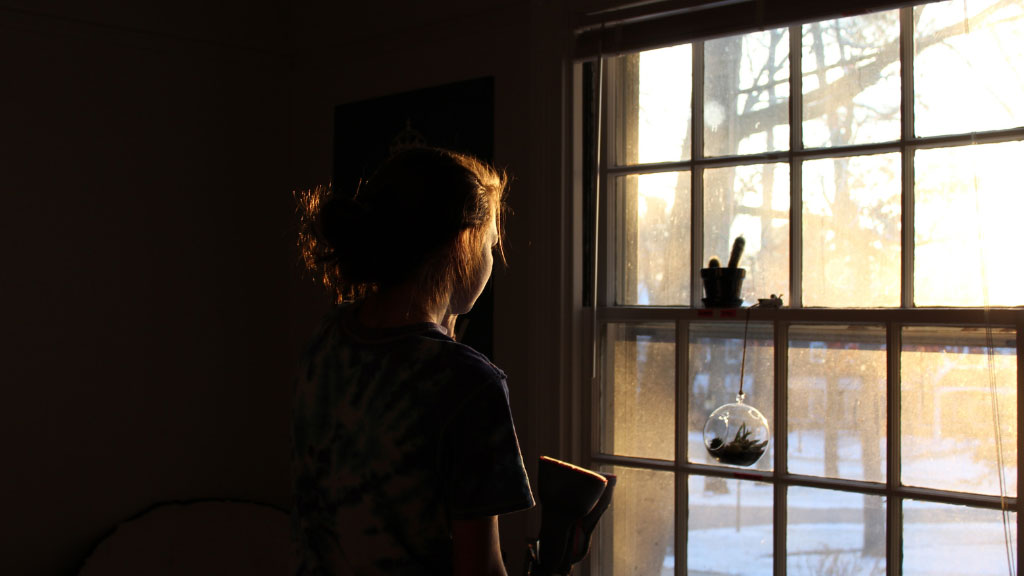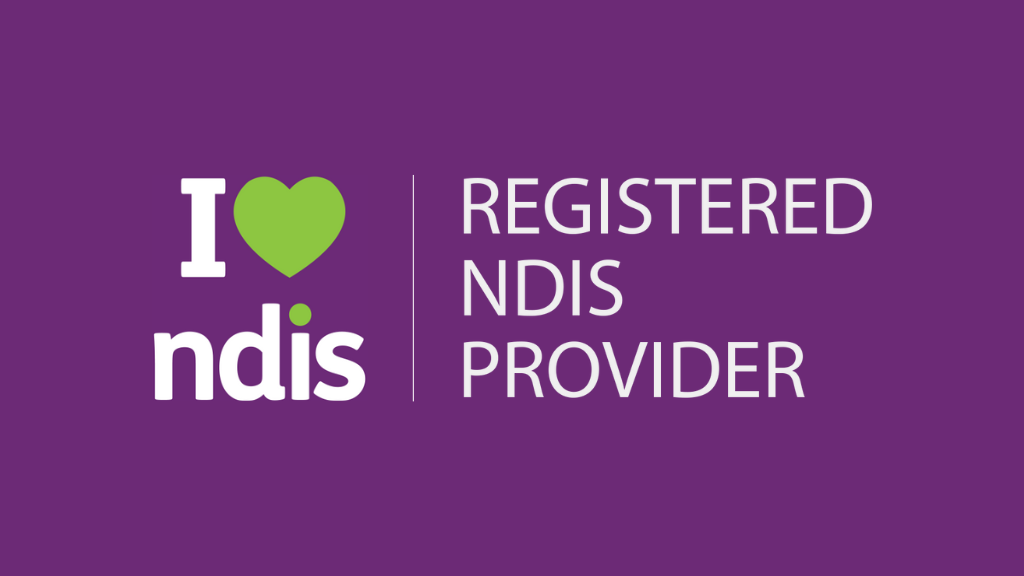
Anxiety disorders in teenagers are serious mental health problems. An anxiety disorder affects how a young person thinks, feels and behaves. It’s important to seek professional help if you see any of the warning signs of anxiety disorders in your child.
Normal anxiety, anxiety problems and anxiety disorders in teenagers
Most normal anxiety is short-lived – the feelings might last a few hours or a day.
An anxiety problem or anxiety disorder is when anxious feelings:
- are consistently very intense and severe
- go on for weeks, months or even longer
- are so distressing that they get in the way of a young person’s ability to learn, socialise and do everyday things.
Anxiety disorders can be especially serious for young people, who are still developing. If left untreated, anxiety disorders in teenagers can have long-term consequences for mental health and development. Normal anxiety is an emotion you can expect to see in your teenager. In fact, some anxiety can even be a good thing. You can read more about normal anxiety in teenagers.
Symptoms of anxiety problems and anxiety disorders in teenagers
Talk with your child and see a health professional if, over a period of more than two weeks, your child:
- feels constantly agitated, tense, restless or on edge or can’t stop or control worrying – your child might seem unable to relax
- shows physical signs like tense or sore muscles, a racing heart or sweating, headache or stomach aches, or nausea – these physical signs of anxiety can occur in response to something that triggers your child’s anxiety
- seems very sensitive to criticism or extremely self-conscious or uncomfortable in social situations
- always expects the worst to happen or seems to worry too much and out of proportion to problems or situations
- avoids difficult or new situations, or has difficulty facing new challenges
- is withdrawn, socially isolated or very shy
- procrastinates – for example, has trouble starting or completing schoolwork
- has sleeping problems, such as trouble falling or staying asleep
- has trouble concentrating or often seems forgetful or distracted
- feels that he must do a particular action, or something over and over (compulsive behaviour)
- has obsessive thoughts or images that he says he can’t get out of his head.
Seek help if your child shows any of these signs, and you are concerned. Not all the signs have to be present for there to be a problem.
Start by talking to your child and others who might be able to help – a GP, school counsellor, family members or other parents. A teenage anxiety problem might be hard to spot. Many children are good at hiding their feelings and thoughts. They might mask those feelings with aggressive behaviour or withdrawal. There are also several different types of anxiety disorders in teenagers, and not every child will have the same symptoms.
Types of anxiety problems and anxiety disorders in teenagers
There are several different types of anxiety problems that can be classified by a health professional as disorders:
- Social phobia or social anxiety disorder is an intense fear of social situations or of being judged or embarrassed in public.
- Generalised anxiety disorder is excessive worry about many everyday situations.
- Specific phobias are intense fears of situations or objects – for example, dogs or heights.
- Panic disorder is repeated, unexpected panic attacks. A panic attack is an overwhelming sensation of fear or panic in a situation where most people wouldn’t be afraid.
- Agoraphobia is a fear of being in situations where escape might be difficult, or where there might not be any help if things go wrong.
- Separation anxiety disorder is an excessive fear of being separated from home or a loved one.
- Selective mutism stops children speaking in certain social situations, such as in school lessons. This usually affects young children, rather than teenagers.
Young people might be diagnosed with more than one type of anxiety disorder. Anxiety might also be experienced along with other physical or mental health problems such as depression.
Risk factors for anxiety problems and anxiety disorders in teenagers
Risk factors – things that might make a young person more vulnerable or sensitive to experiencing anxiety – might include:
- genetic factors – that is, a family history of mental health problems
- personality factors, such as being very sensitive
- environmental factors, such as stress or a very stressful event in your child’s life
- other factors, such as ongoing physical illness.
Studies have also found that having an anxiety disorder in early or middle childhood can increase your child’s risk of developing a depressive disorder in later adolescence.
Not every child with these risk factors will go on to develop an anxiety disorder. There is a strong link between the quality of parent-teenager relationships and young people’s mental health. Strong family support and relationships might help to protect teenagers from mental health problems. Many of the risk factors for teenage anxiety disorders will be outside your control. But there are many everyday things you can do to foster your child’s mental health and wellbeing and reduce your child’s risk. Read about these strategies in our article on mental health and wellbeing.
Getting professional help for anxiety disorders in teenagers
You might feel uncomfortable talking to your child about mental health problems. But an anxiety disorder is unlikely to go away on its own. Seeking professional help early for your child is the best thing you can do. Seek professional help as soon as possible if your child shows any of the symptoms listed above, might also be subject to any of the risk factors listed above, or is experiencing anxious feelings that are very severe, have gone on for more than two weeks, and are interfering with your child’s normal activities.
Options for professional help include:
- your GP, who can guide you to the most appropriate services for your family if you don’t know where to go
- school counsellors
- guidance cousellors
- psychologists – you don’t need a referral, but your GP might be able to recommend someone
- telephone parenting hotlines or Lifeline (131 114)
- your local community health centre
- local mental health services.
You can also find other information and resources at our mental health links and resources page and the Youth Beyond Blue get help page.
The biggest hurdle to getting over anxiety disorders is that people suffering from them avoid anything that causes anxiety, which often includes treatment. But professional help for an anxiety disorder is vital to your child’s healthy development. Finding treatment options for your child shows your child that you care and sends the message that your child isn’t alone.
Most anxiety disorders respond well to treatment, particularly if the disorders are treated early. Psychological treatment usually focuses on strategies to help teenagers cope with anxiety. This means that teenagers learn to manage anxiety rather than avoiding it. Teenagers don’t usually need medication, but health professionals might prescribe it under certain circumstances. Your child might not want to talk to you about how she’s feeling. She might even say there’s nothing wrong. If so, you could suggest a confidential telephone counselling service for young people, such as Kids Helpline (1800 551 800). Your child could also visit the Kids Helpline website.
Supporting your child at home
If your child shows signs of anxiety, there are some general strategies you can try at home. If your child is being treated for anxiety by a professional, you should discuss these strategies with that person first.
- Acknowledge your child’s fear – don’t dismiss or ignore it. Let your child know you’re there to support and care for him.
- Gently encourage your child to do the things that she’s anxious about. But don’t push her to face situations she doesn’t want to face.
- Wait until your child actually gets anxious before you step in to help.
- Praise your child for doing something he’s anxious about.
- Avoid labelling your child as ‘shy’ or ‘anxious’. Try to refer to her as ‘brave’ or a similarly positive term. After all, your child is trying to overcome her difficulties.
- Try to be a good role model for managing your own stressand anxiety.
Teenagers recovering from anxiety problems or anxiety disorders
Your child’s recovery from an anxiety disorder will probably have some ups and downs. Many young people who experience an episode of anxiety will have another episode, or go through some symptoms again in the future.
No-one is to blame for a setback. Go back to your health professional to help your child find new ways to manage anxious feelings and thoughts.
You play an important role in helping your child to develop confidence in his ability to overcome anxieties. You can also be on the lookout for warning signs that might indicate your child is relapsing.
| Article courtsey of Raising Children Network, with the Centre for Adolescent Health, retrieved September 13, 2016 |







